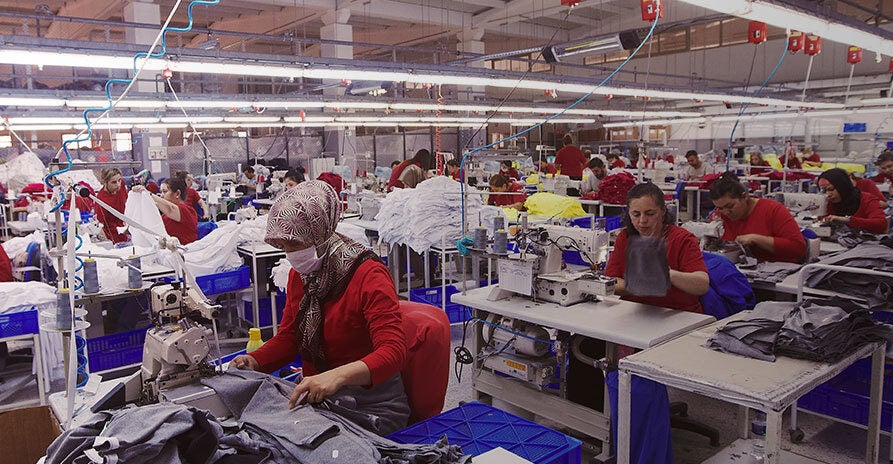At the end of September, 2020, the UK government announced it will introduce new measures to strengthen the UK Modern Slavery Act (MSA) with the intent of promoting responsible practices in supply chains. The proposed changes directly address two of the biggest criticisms that have been leveled against the UK MSA: the lack of enforcement mechanisms, and the absence of mandatory requirements on the topics that modern slavery statements must cover.
The planned updates will introduce enforcement mechanisms for companies in scope of the act, and extends requirements to include UK public agencies. As a result, companies will have little space for non-compliance. Whether operating independently in the UK or acting as a vendor to a UK agency such as the National Health Service, companies must ensure their modern slavery statements are thorough and backed by action that supports ethical business practice.
New Requirements & Penalties
Unlike the Australia Modern Slavery Act, the UK MSA does not include mandatory topics that companies must cover in their modern slavery statements, only suggestions. However, the proposed UK MSA updates will introduce new requirements, including the performance of due diligence to assess risk. To further give teeth to the act, civil penalties for non-compliance will be introduced.
Download our eBook, Human Trafficking, Slavery, and Your Supply Chain, to discover the risks your business is exposed to without successful due diligence.
Data Collection & Enforcement
Other changes include the creation of a government-owned database to which companies must submit their annual statements. Up until now, companies were only expected to have their statements published on their websites. While some non-governmental organizations (NGOs) have stepped in to fill the gap for a central repository, it was not mandatory for companies to submit to it, and the onus was on interested parties to search different websites to find a modern slavery statement. This centralized database makes it easier for the government to keep track of compliance while also making it easier for stakeholders like NGOs and investors to find statements for companies they are interested in. Lastly, the updates include the development of an enforcement body to protect workers and ensure employers are following the law. All these changes are meant to encourage transparency, and provide additional incentive for compliance. In light of these updates, companies in scope of the UK MSA must revisit their modern slavery due diligence programs.
Due Diligence & Risk Identification
In order to ensure that their statements comply with the new UK MSA requirements, operations assessments examining supply chains for slavery and trafficking risks are just part of due diligence. Annual statements must cover all established mandatory topics to comply with the new requirements. The Slavery and Trafficking Risk Template (STRT) tool can help companies with risk identification.
Mitigate Supply Chain Risks
The Assent Compliance Human Trafficking and Slavery Module helps companies collect and manage their supply chain data to identify and mitigate human rights-related risk. To learn more about how Assent can help you comply with the new UK MSA requirements, contact our experts.










